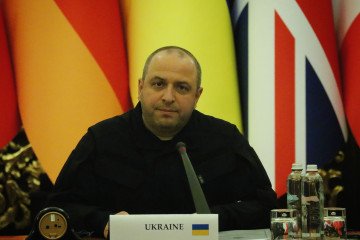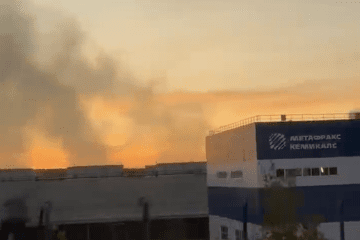- Category
- Latest news
CNN: Intercepts Suggest Russian Troops Ordered to Execute Surrendering Ukrainians
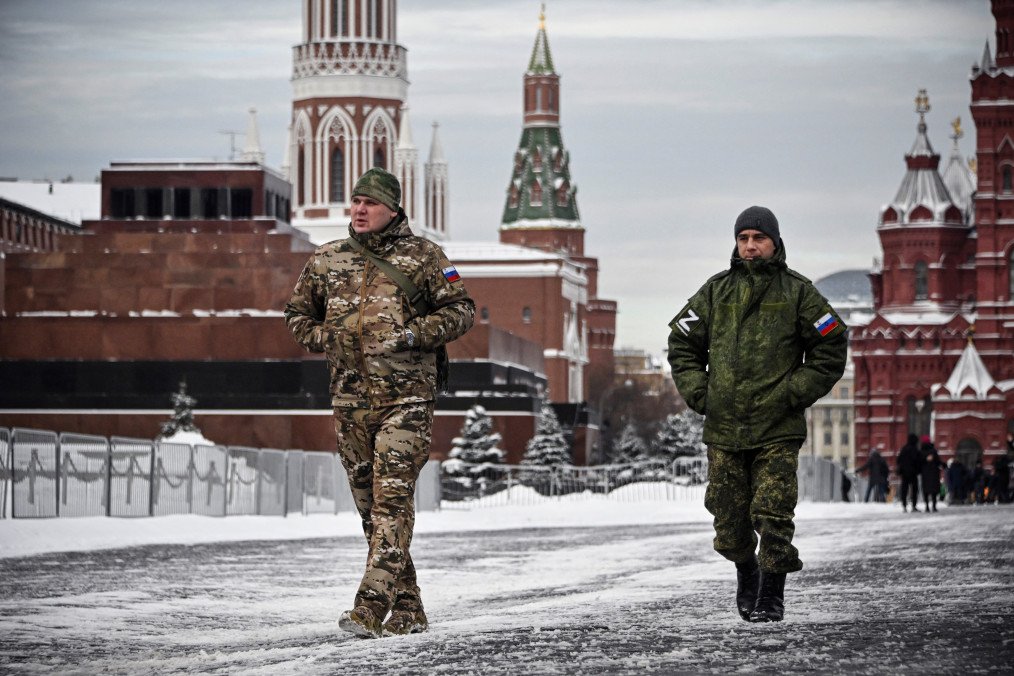
Intercepted radio communications obtained by Ukrainian intelligence and published by CNN on May 21 appear to show Russian commanders ordering troops to execute surrendering Ukrainian soldiers who surrender, a direct violation of international humanitarian law.
The radio transmissions are believed to coincide with drone footage recorded in eastern Zaporizhzhia Region last November. The video shows six Ukrainian servicemen lying face down on the ground. At least two appear to be shot at close range, while another is seen being led away by Russian troops.
Ukrainian prosecutors are investigating the incident, and the intercepted audio is now part of the case. According to a forensic expert consulted by CNN, the audio recordings appear authentic and unaltered.
UN Special Rapporteur on extrajudicial executions Morris Tidball-Binz described the acts as “serious violations” of international law and stated that such actions would likely not occur without orders, or at least approval, from the highest levels of Russian leadership.
The Security Service of Ukraine has identified the unit involved as the “Assault Detachment” of Russia’s 394th Motorized Rifle Regiment, part of the 5th Combined Arms Army. The same unit is also suspected in another war crime in the area, the beheading of a Ukrainian POW. The SBU has filed charges in absentia against Russian commanders believed responsible.
According to Ukraine’s Prosecutor General’s Office, as of May 5, 2024, there are 75 ongoing investigations into the suspected executions of 268 Ukrainian prisoners of war. The number of such cases is growing rapidly: 57 victims in 2022, 11 in 2023, and 149 already identified in 2024, with more emerging weekly.
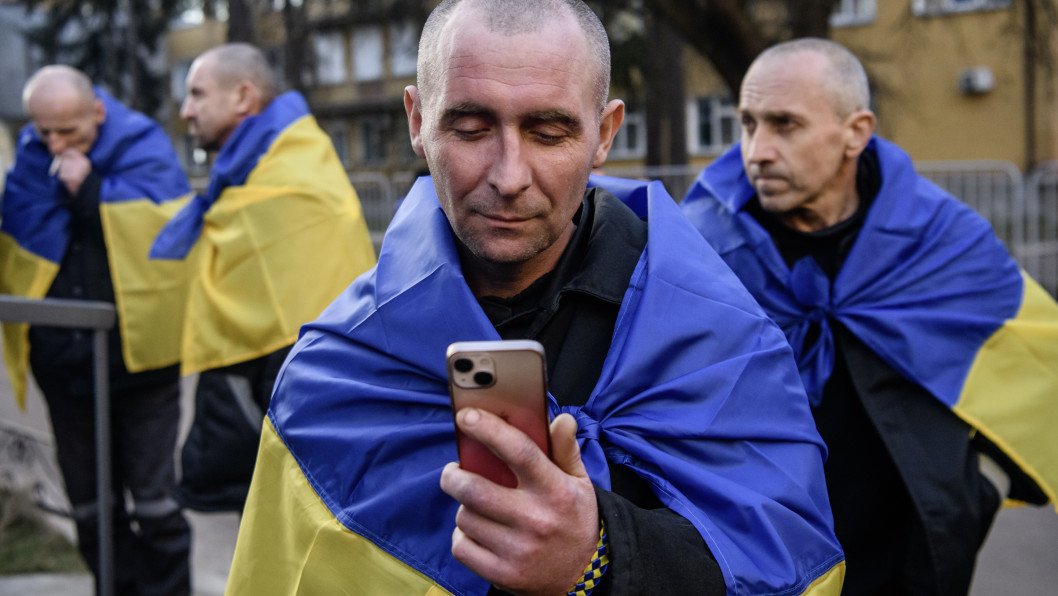
Prosecutor Yuriy Bielousov believes the escalation is tied to orders from Russia’s top political and military leadership. He noted Putin’s March statement calling for captured Ukrainian soldiers in Russia’s Kursk region to be treated as “terrorists.” “Everyone knows how Putin treats people who they call terrorists. So, it’s almost a synonym for us to execute,” Bielousov said.
Intercepts reviewed by CNN appear to capture an unidentified Russian commander issuing at least six direct kill orders to frontline troops. The call signs “Arta” and “Belyi” were heard during the exchange. The recording spans from 12:05 to 12:31 local time, the period during which Ukrainian positions were under assault, and ends when the presence of a Ukrainian drone reportedly forces the Russian unit to withdraw.
Officials believe this may be the first case in which intercepted battlefield communications are directly tied to a video-confirmed execution.
Bohdan Okhrimenko, head of Ukraine’s Coordination Headquarters for the Treatment of Prisoners of War, said the executions may also be motivated by a desire to avoid the logistical burden of detaining POWs.
“It complicates military logistics, from their point of view. The Russian command made a simple decision… to shoot captured prisoners,” he said.
Russia’s Defense Ministry has not responded to CNN’s request for comment. Moscow continues to deny its forces commit war crimes and claims to treat prisoners in accordance with international law.
Earlier, a video had surfaced on Telegram showing the execution of an unarmed Ukrainian prisoner of war by Russian forces. In the footage, the POW is shot at close range following a brief exchange with the soldiers.
According to Ukraine’s state project “I Want to Live,” this is yet another documented instance of Russian troops committing a war crime and deliberately filming it. The project condemned the act, noting that by recording and sharing such atrocities, Russian soldiers not only expose the brutality of their actions but also provide Ukrainian intelligence with critical evidence to identify those responsible.
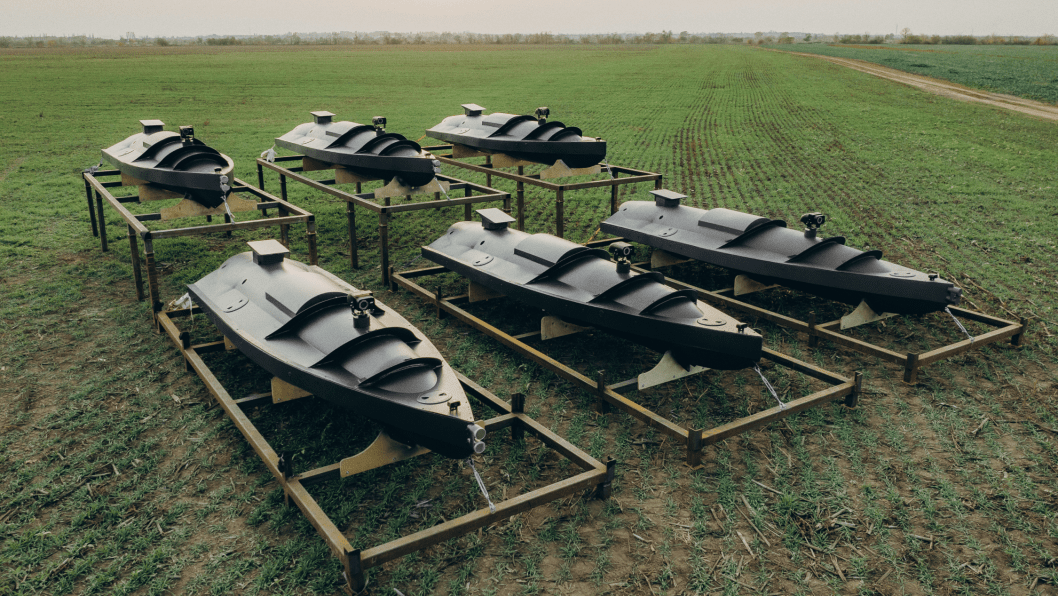

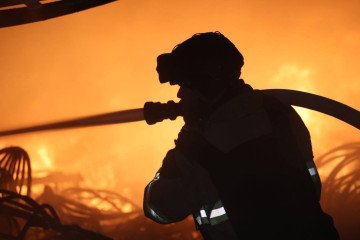
-111f0e5095e02c02446ffed57bfb0ab1.jpeg)

